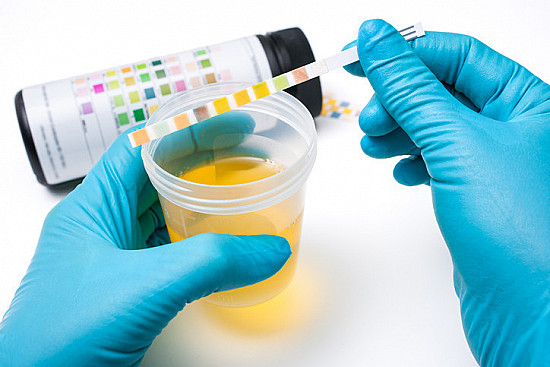Behavioral therapy can relieve overactive bladder symptoms
In the journals
Men often rely on drugs to manage overactive bladder symptoms, such as frequent urination, urgency, incontinence, and nocturia (having to use the bathroom at night). However, a study published online Jan. 13, 2020, by JAMA Internal Medicine suggests that adding behavioral therapy may lead to better results.
Scientists recruited more than 200 men (average age 64) with overactive bladder symptoms and divided them randomly into three groups. One group received only drug therapy. One received only behavioral therapy, which consisted of learning pelvic floor exercises and relaxation techniques to help suppress urges and prevent urine loss. The third group had both behavioral and drug therapy.
After six weeks, urinary frequency, urgency, and nocturia improved the most in the combination therapy group. Those in the combination group also reduced their number of incontinence episodes by an average of 79%. In comparison, those in the behavioral and drug only groups each reduced incontinence episodes by just 52% on average.
The researchers also noted that adding behavioral therapy may allow men who take medication for overactive bladder to use lower doses, which can reduce side effects like dry mouth and constipation.
Image: Rapideye/Getty Images
Disclaimer:
As a service to our readers, Harvard Health Publishing provides access to our library of archived content. Please note the date of last review or update on all articles.
No content on this site, regardless of date, should ever be used as a substitute for direct medical advice from your doctor or other qualified clinician.
















